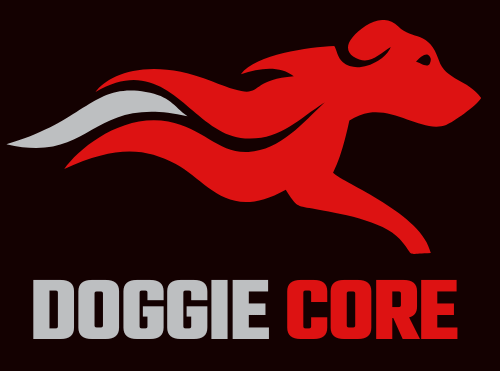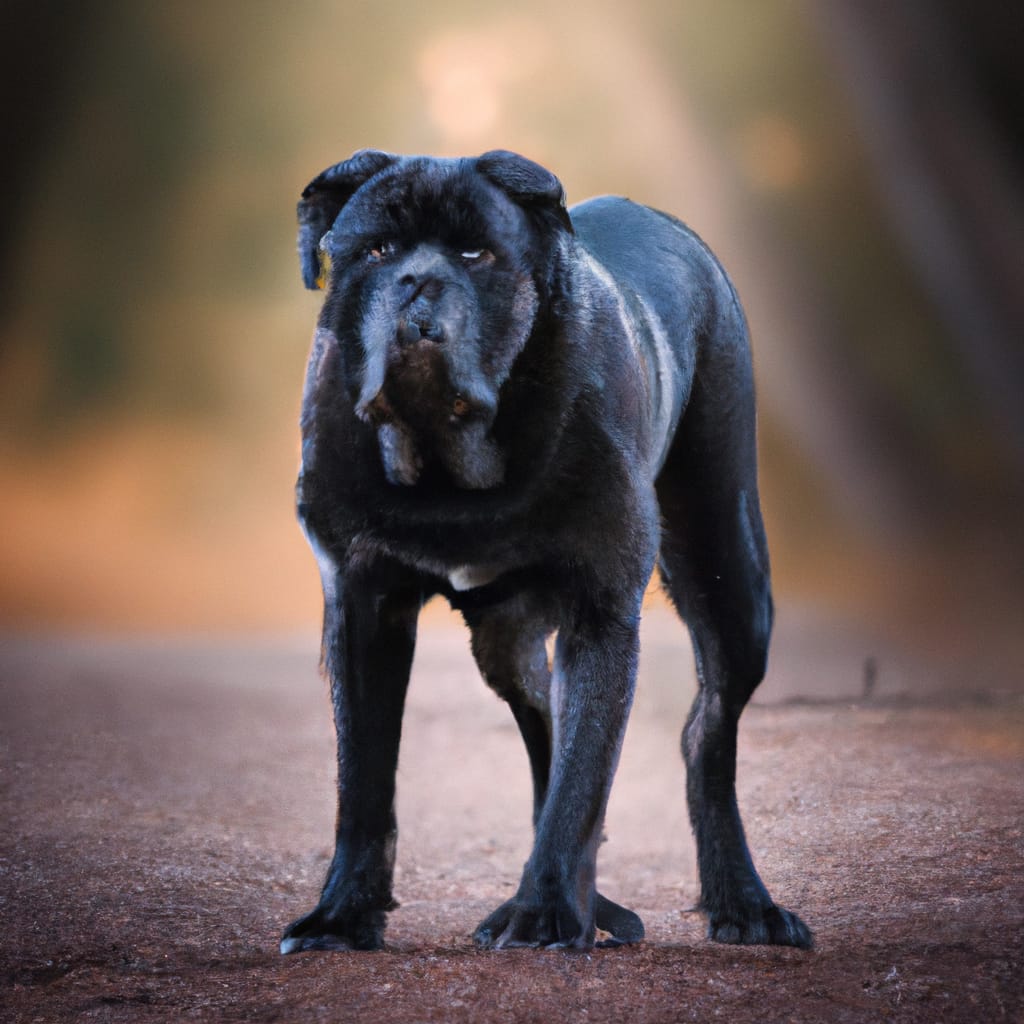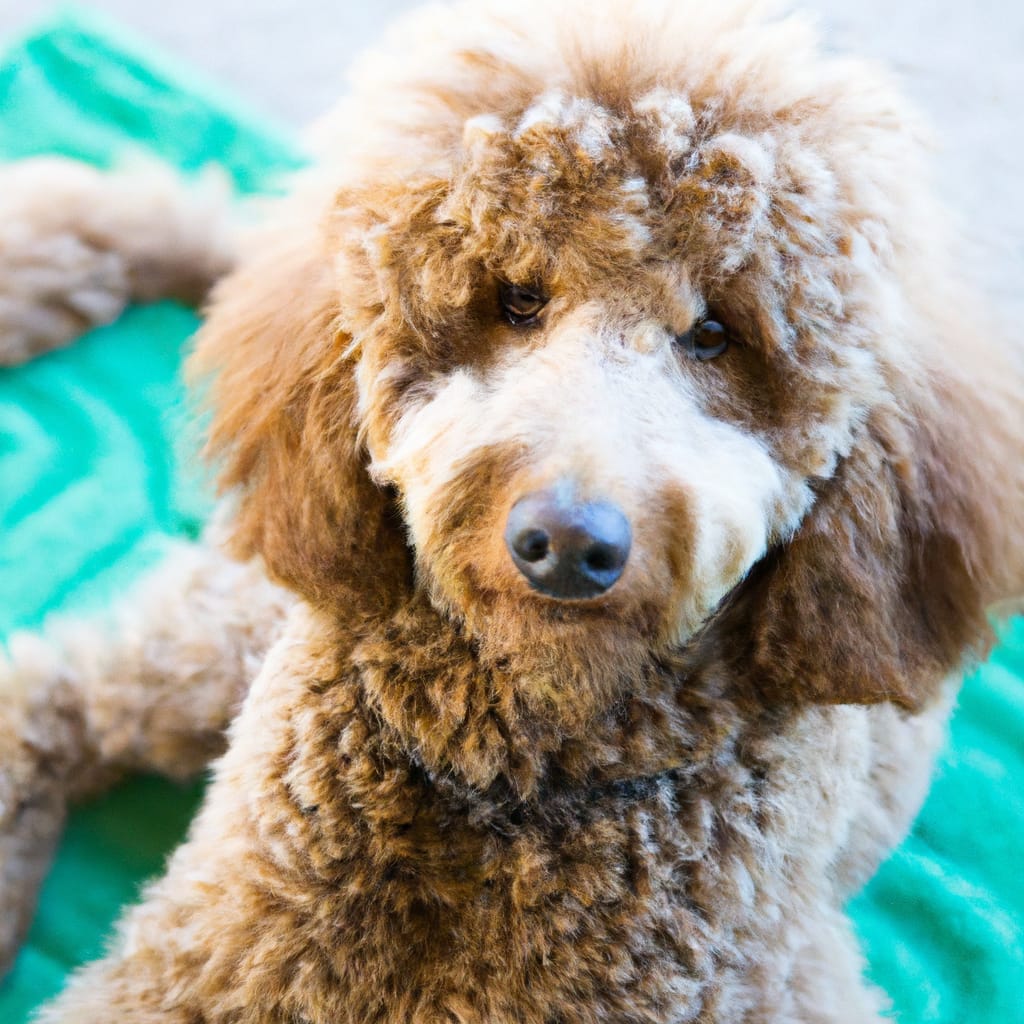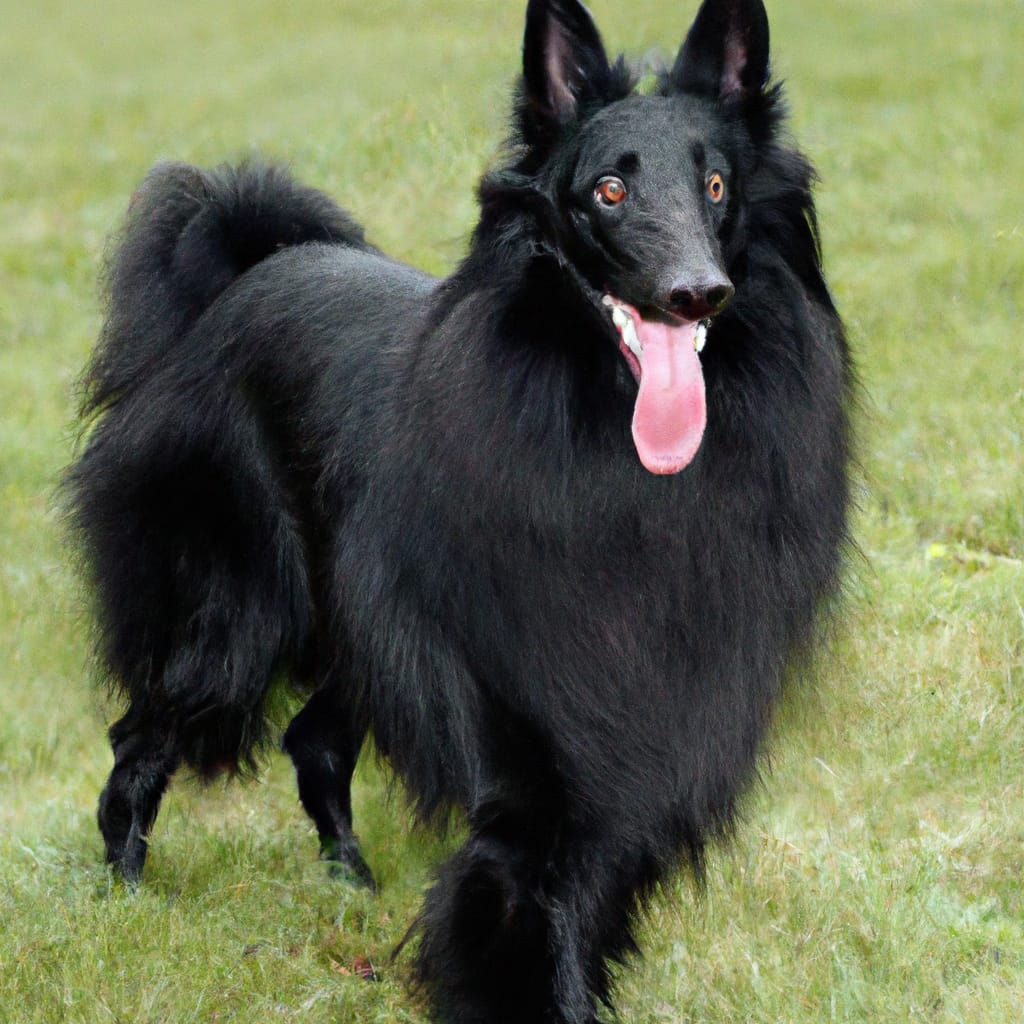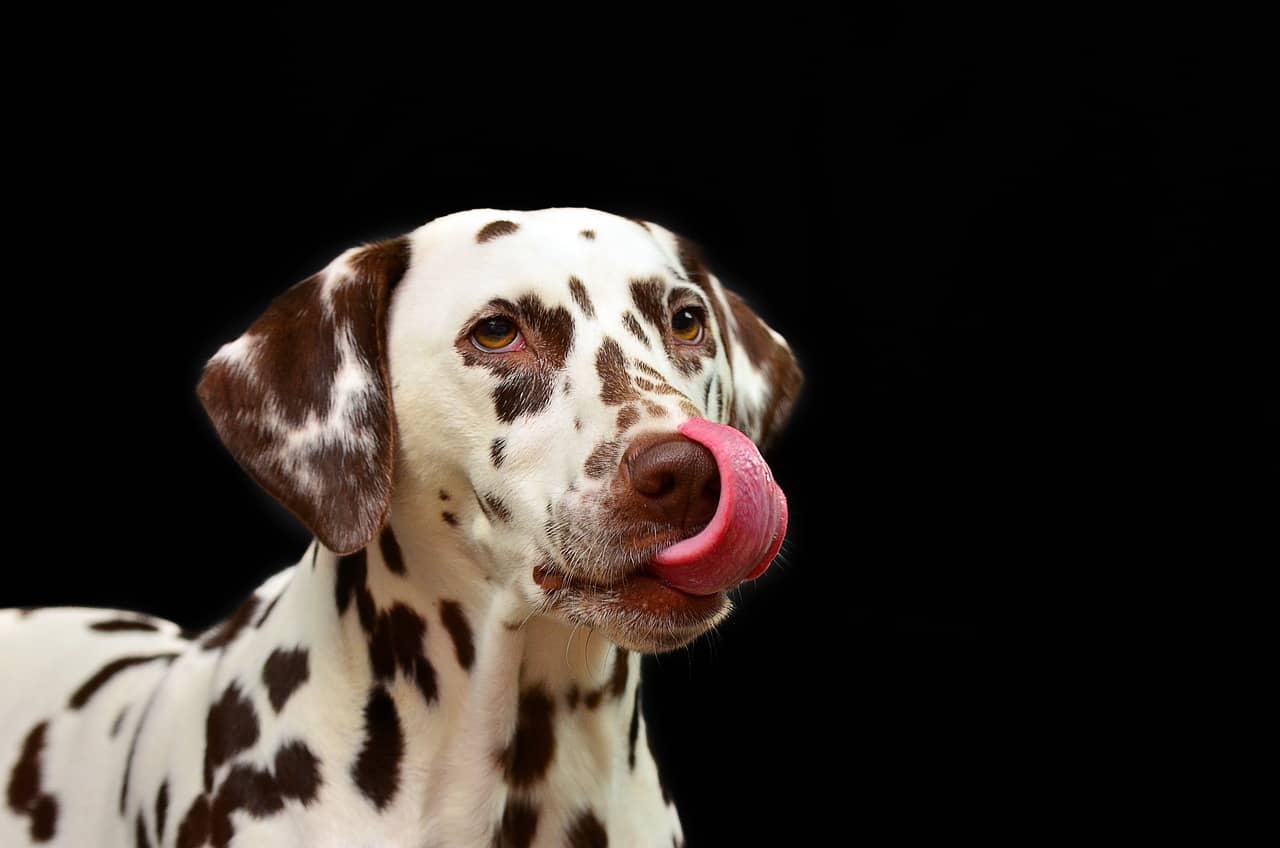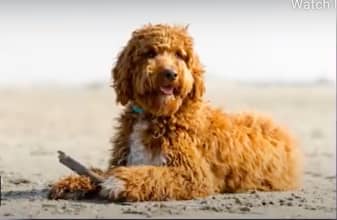Cane Corso Dog Breed Pros And Cons
Cane Corso Dog Breed information if you’re considering adding a furry friend to your family, the Cane Corso dog breed may have caught your eye. With their striking appearance and loyal nature, these majestic dogs have numerous pros that make them popular among dog lovers. However, it’s essential to weigh the cons as well to ensure that the Cane Corso is the right fit for your lifestyle and home. In this article, we’ll explore the pros and cons of the Cane Corso dog breed, helping you make an informed decision about whether they are the perfect companion for you. The Cane Corso is an Italian breed of mastiff.
Physical Characteristics
Appearance
The Cane Corso is a large and powerful dog breed with a well-muscled body. They have a broad head and a strong jaw, giving them a fierce and intimidating appearance. Their deep-set eyes are typically brown or amber in color, and their ears are naturally cropped or can be left intact. The breed’s short, dense coat comes in various colors, including black, gray, fawn, and red. Overall, their imposing presence and striking features make them an eye-catching breed.
Size and Weight
As a large dog breed, the Cane Corso is known for its impressive size and strength. Adult males typically stand 24 to 28 inches tall at the shoulder and weigh between 100 to 120 pounds. Females are slightly smaller, ranging from 23 to 26 inches in height and weighing between 88 to 99 pounds. It’s important to note that these weight ranges can vary, as some individuals may be larger or smaller depending on genetics and other factors.
Temperament and Personality
Protective Nature
One of the defining traits of the Cane Corso is its protective nature. These dogs are fiercely loyal to their families and will go to great lengths to protect them. They are known to be excellent guardians and can be highly discerning when it comes to detecting potential threats. While their protectiveness is a valuable attribute, it is essential to ensure proper socialization and training to prevent any aggressive behavior.
Intelligence and Trainability
Cane Corsos are intelligent dogs that possess a natural inclination for learning. They are quick to pick up new commands and respond well to consistent training techniques. However, due to their assertive nature, they can sometimes be independent thinkers and may challenge authority. This makes early and ongoing training crucial for establishing boundaries and ensuring they understand their role in the family hierarchy.
Affectionate Towards Family
Despite their imposing appearance, Cane Corsos are also known for their affectionate nature towards their families. They form strong bonds with their owners and enjoy being part of the household activities. They can be quite gentle and loving with children, making them suitable companions for families with older kids who understand how to interact respectfully with dogs.
Dominant and Assertive
The Cane Corso’s dominant and assertive nature requires an experienced and confident owner who can establish themselves as the pack leader. This breed is not suitable for first-time dog owners or individuals who lack the time and dedication required to properly train and socialize them. Without proper guidance, a Cane Corso may exhibit behaviors such as aggression, dominance, and territoriality.
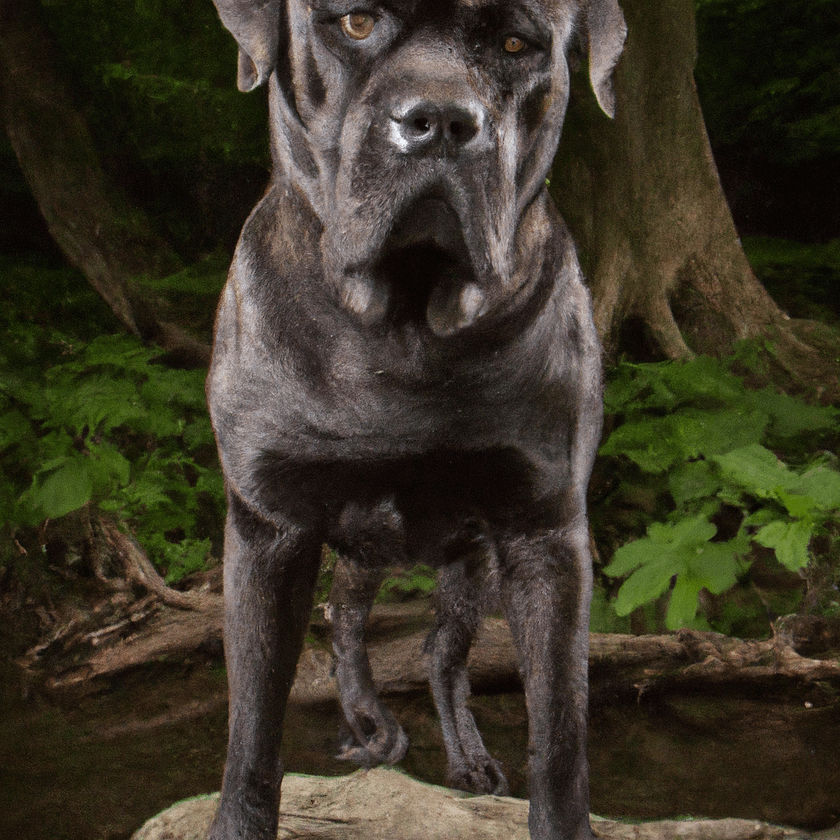
Exercise and Training Needs
High Energy Level
Cane Corsos are a breed with a high energy level, and regular exercise is essential to keep them physically and mentally stimulated. They require daily exercise to prevent boredom and the development of destructive behaviors. Long walks, jogging, and interactive play sessions are great ways to fulfill their exercise needs. Providing them with ample opportunities to burn off energy will contribute to their overall well-being and happiness.
Requirements for Exercise
To adequately exercise a Cane Corso, you should aim for a minimum of 60 minutes of exercise each day. This can be broken down into multiple sessions to prevent overexertion. Engaging their minds with puzzle toys and obedience training exercises that stimulate their problem-solving abilities can also help fulfill their mental exercise needs.
Training Challenges
While Cane Corsos possess intelligence and a willingness to please, training this breed can present some challenges. Their assertive nature and independent streak may make them more resistant to training than some other breeds. Consistency, positive reinforcement, and early socialization are key to successful training sessions. Enlisting the help of a professional dog trainer experienced with dominant breeds can also be beneficial.
Health and Lifespan
Common Health Issues
Like any dog breed, Cane Corsos can be prone to certain health issues. Some common conditions that may affect them include hip and elbow dysplasia, gastric torsion (bloat), heart problems, and skin allergies. Regular veterinary check-ups and maintaining a healthy diet and exercise routine are crucial to monitor and manage their health effectively.
Lifespan Expectancy
On average, Cane Corsos have a lifespan of 9 to 12 years. Providing them with proper nutrition, regular exercise, and routine veterinary care can help maximize their longevity. It’s important to note that individual dogs may have different lifespans influenced by genetics, lifestyle, and overall healthcare.
Maintenance and Care
Cane Corsos have moderate maintenance needs when it comes to their care. Their short coat requires regular brushing to remove loose hair and keep their skin healthy. Additionally, periodic nail trimming, teeth brushing, and ear cleaning are important aspects of their grooming routine. Keeping them on a balanced diet, regular exercise, and ensuring their living environment is clean and safe are fundamental to their overall well-being.
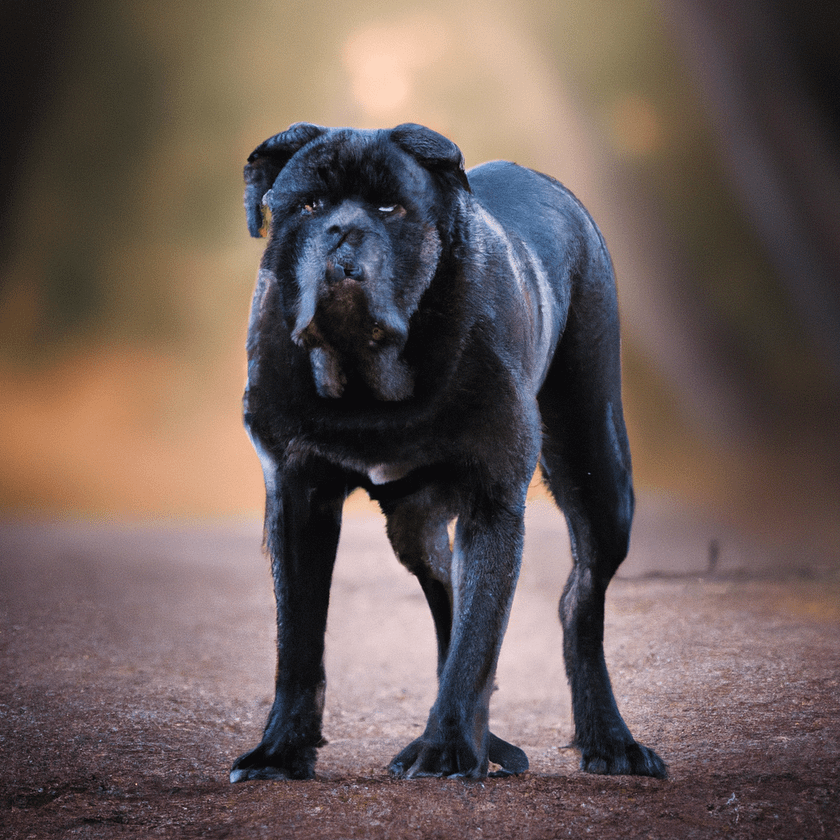
Suitability for Families
Compatibility with Children
Cane Corsos can be excellent family dogs when properly raised and socialized from an early age. They are generally patient and tolerant with children, making them suitable companions for families. However, it’s crucial to teach children how to interact respectfully with dogs and never leave them unsupervised. The breed’s large size and protective instincts mean that accidental rough play or mistreatment may not be well-received.
Interaction with Other Pets
Cane Corsos have a strong prey drive and can be aloof towards unfamiliar animals. Proper socialization is crucial to ensure they can coexist peacefully with other pets in the household. Early exposure to various animals and supervised introductions can help minimize potential conflicts. It’s important to note that not all Cane Corsos will be tolerant of other animals, and cautious introductions should always be carried out.
Need for Human Companionship
Cane Corsos thrive on human companionship and bond deeply with their families. They are not well-suited for long periods of solitude and may develop separation anxiety or exhibit destructive behavior if left alone for extended periods. This breed requires a loving and attentive home where they can receive ample human interaction and be included in daily activities. If you have a busy lifestyle or are frequently away from home, it is important to consider whether you can provide the necessary time and attention this breed requires.
Time and Attention Requirements
Cane Corsos require a significant amount of time and attention from their owners. In addition to their exercise needs, they benefit from mental stimulation and engaging activities to prevent boredom and behavioral issues. Training, socialization, and regular playtime are essential components of their routine. This breed thrives on interaction and being an active participant in the family dynamic, so it’s important to assess your ability to meet their needs before bringing one into your home.
Protective Instincts
Guarding Abilities
The Cane Corso’s protective instincts make them excellent guard dogs. They are naturally wary of strangers and have a strong guarding instinct towards their families and territory. Their intimidating presence and discerning nature often serve as a deterrent to potential intruders. Proper socialization is crucial to ensure their protective instincts are channeled appropriately, distinguishing between actual threats and regular everyday encounters.
Deterrence Factor
The sight of a Cane Corso alone is often enough to deter potential intruders. Their powerful appearance and confident demeanor make them an imposing presence. Coupled with their protective nature and loyalty towards their families, they serve as a formidable deterrent against unwanted individuals or situations. However, it’s important to remember that proper training and socialization are vital to ensure they do not become overly aggressive or develop fear-based reactions.
Socialization Challenges
The protective instincts of Cane Corsos can present socialization challenges. Early and ongoing socialization is crucial to expose them to various people, animals, and environments. This helps them develop confidence, learn appropriate behavior, and distinguish between genuine threats and normal interactions. Without proper socialization, they may become overly suspicious or reactive towards unfamiliar situations, leading to potential behavioral problems.
Activity Level
Exercise and Mental Stimulation Needs
Cane Corsos have a high activity level and require both physical exercise and mental stimulation to stay healthy and content. Daily walks, jogging, or playing in a securely fenced area are essential to fulfill their exercise needs. Mental stimulation through obedience training, puzzle toys, and interactive games is equally important to keep their minds engaged and prevent boredom. A bored Cane Corso may resort to destructive behaviors as an outlet for their excess energy.
Ability to Adapt to Living Spaces
While Cane Corsos are a large breed, they can adapt well to different living spaces, including apartments and houses. However, it is important to provide them with a comfortable and secure environment that allows for adequate exercise and mental stimulation. Living spaces should have enough room for them to move around freely and access to a securely fenced outdoor area for regular exercise and playtime.
Potential for Destructive Behavior
When their exercise and mental stimulation needs are not adequately met, Cane Corsos can become bored and potentially engage in destructive behavior. This may include chewing on furniture, excessive barking, or digging. Providing them with ample outlets for their energy, such as regular exercise, interactive toys, and mental challenges, can help minimize the likelihood of destructive behavior.
Grooming Requirements
Coat Care
Cane Corsos have a short, smooth coat that is relatively low-maintenance. Weekly brushing with a grooming mitt or soft brush helps remove loose hair and promotes a healthy coat. This breed does not require frequent bathing unless they become dirty or develop an odor. Regular nail trimming, dental care, and routine checks for any skin issues are also important aspects of their grooming routine.
Shedding
Cane Corsos are considered moderate shedders. They typically shed year-round, with slightly heavier shedding occurring during seasonal changes. Regular brushing helps manage shedding and keeps their coat in good condition. While they may not be hypoallergenic, their shorter hair and moderate shedding make them more manageable for individuals with mild allergies.
Ear and Dental Care
Proper ear care is essential for Cane Corsos, as their pendulous ears can be prone to infections. Regularly inspecting and cleaning their ears with a veterinary-approved ear cleaner can help prevent any issues. Additionally, dental care is crucial to maintain their oral health. Regular teeth brushing and providing appropriate chew toys are important for preventing dental diseases.
Training and Socialization
Early Obedience Training
Early obedience training is crucial for Cane Corsos to establish boundaries, learn basic commands, and develop good manners. Starting training from a young age helps them understand their role in the family and develop a strong foundation for future learning. Consistency, positive reinforcement, and reward-based training methods work best with this breed. Early training also aids in socialization, exposing them to various environments and individuals.
Importance of Socialization
Socialization is a critical aspect of raising a well-rounded Cane Corso. Properly socialized dogs are more confident, adaptable, and less likely to exhibit fear-based or aggressive behaviors. Exposing them to various people, animals, and environments from puppyhood helps them develop positive associations and solidify their understanding of appropriate behavior. Regular socialization throughout their lives is necessary to maintain their well-adjusted temperament.
Training Methods for Cane Corsos
Cane Corsos respond well to positive reinforcement training methods that utilize rewards such as treats, praise, and play as motivation. They have a desire to please their owners and learn quickly when training is consistent and structured. Harsh training methods or punishment-based techniques should be avoided, as they can lead to fear or aggression in this breed. Enlisting the help of a professional dog trainer experienced with Cane Corsos can provide additional guidance and support during the training process.
Legal and Insurance Considerations
Breed-Specific Legislation
It’s important to be aware that some areas have breed-specific legislation (BSL) that may restrict or regulate the ownership of certain breeds, including Cane Corsos. BSL typically includes requirements such as muzzling in public, higher liability insurance, or outright breed bans. Before considering a Cane Corso, it is essential to research your local laws and regulations to ensure you can comply with any requirements and provide a safe environment for the dog.
Insurance Challenges
Due to their size and reputation, Cane Corsos may be considered high-risk breeds by some insurance companies. This can lead to challenges in finding homeowner’s or renter’s insurance that covers liability for incidents involving a Cane Corso. It’s important to contact insurance providers in your area to inquire about their policies regarding this breed before bringing one into your home.
Responsible Ownership
Caring for a Cane Corso requires responsible ownership and a commitment to meeting their needs. This includes providing proper training, socialization, exercise, and healthcare. It is crucial to be financially prepared for the potential costs associated with their care, including veterinary expenses, regular grooming, and quality food. Additionally, responsible ownership involves ensuring the safety of others by properly containing and supervising your Cane Corso to prevent any incidents.
